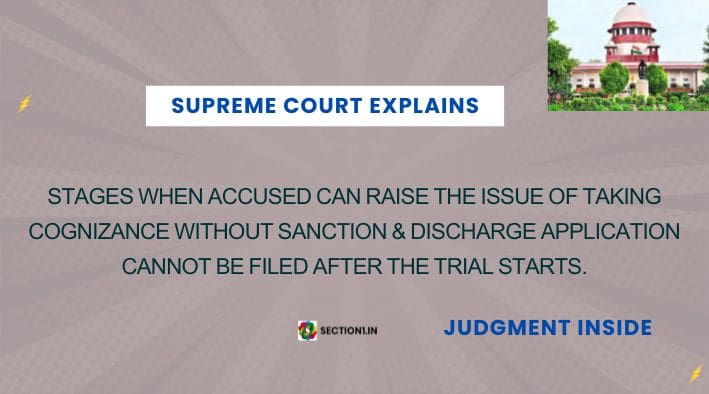FACTS OF THE APPEAL
9. As it was a blind murder, the crime was investigated and chargesheet dated 09.12.2009 was filed against Hussain Mohammed Shattaf and Waheeda Hussain Shattaf (Respondent nos. 1 and 2) and Zaanish Khan stating therein that while Respondent no.1 was staying in Dubai for the purpose of his business, his wife respondent no.2 came in contact with the deceased and developed friendship. They started meeting each other frequently. The friendship turned into physical relationship. When the Respondent No.1 returned from Dubai, he came to know about the same. To take revenge, he in connivance with respondent no.2 and one Zaanish Khan conspired to kill the deceased through unknown assailants.
10. As the case was triable by Sessions, the matter was committed by the Magistrate to the Sessions Court, Pune. Immediately thereafter Respondent Nos. 1 and 2 filed revision application for discharge. The same was dismissed by the Trial Court vide Order dated 21.02.2012. The High Court vide impugned order had set aside the order passed by the Trial Court and discharged Respondent Nos. 1 and 2. The aforesaid order is under challenge before this Court.
WHEN DISCHARGE MUST BE ALLOWED
11. The law on issue as to what is to be considered at the time of discharge of an accused is well settled. It is a case in which the Trial Court had not yet framed the charges. Immediately after filing of chargesheet, application for discharge was filed. The settled proposition of law is that at the stage of hearing on the charges entire evidence produced by the prosecution is to be believed. In case no offence is made out then only an accused can be discharged. Truthfulness, sufficiency and acceptability of the material produced can be done only at the stage of trial. At the stage of charge, the Court has to satisfy that a prima facie case is made out against the accused persons. Interference of the Court at that stage is required only if there is strong reasons to hold that in case the trial is allowed to proceed, the same would amount to abuse of process of the Court.
PSYCHOLOGICAL EVALUATION TEST IS A MATERIAL PIECE OF EVIDENCE
19. Though Psychological Evaluation test report only may not be sufficient to convict an accused but certainly a material piece of evidence. Despite this material on record, the High Court could not have opined that the case was not made out even for framing of charge, for which only prima facie case is to be seen.
HIGH COURT HAS NOT REFERRED THE CHARGESHEET IN ITS ENTIRETY WHILE DISCHARGE THE ACCUSED
20. If the facts of the case are examined in the light of law laid down by this Court on the subject, it is evident that the High Court has not even referred to the evidence collected by Investigating Agency produced along with chargesheet in its entirety. Rather there is selective reference to the statements of some of the persons recorded during investigation. It shows that there was total non-application of mind. The High Court had exercised the jurisdiction in a manner which is not vested in it to scuttle the trial of a heinous crime.
APPEAL ALLOWED.
PARTY: Captain Manjit Singh Virdi (Retd.) vs. Hussain Mohammed Shattaf & Ors – Criminal Appeal No. 1399 of 2023 – May 18, 2023.
https://main.sci.gov.in/supremecourt/2019/43002/43002_2019_15_1502_44583_Judgement_18-May-2023.pdf






